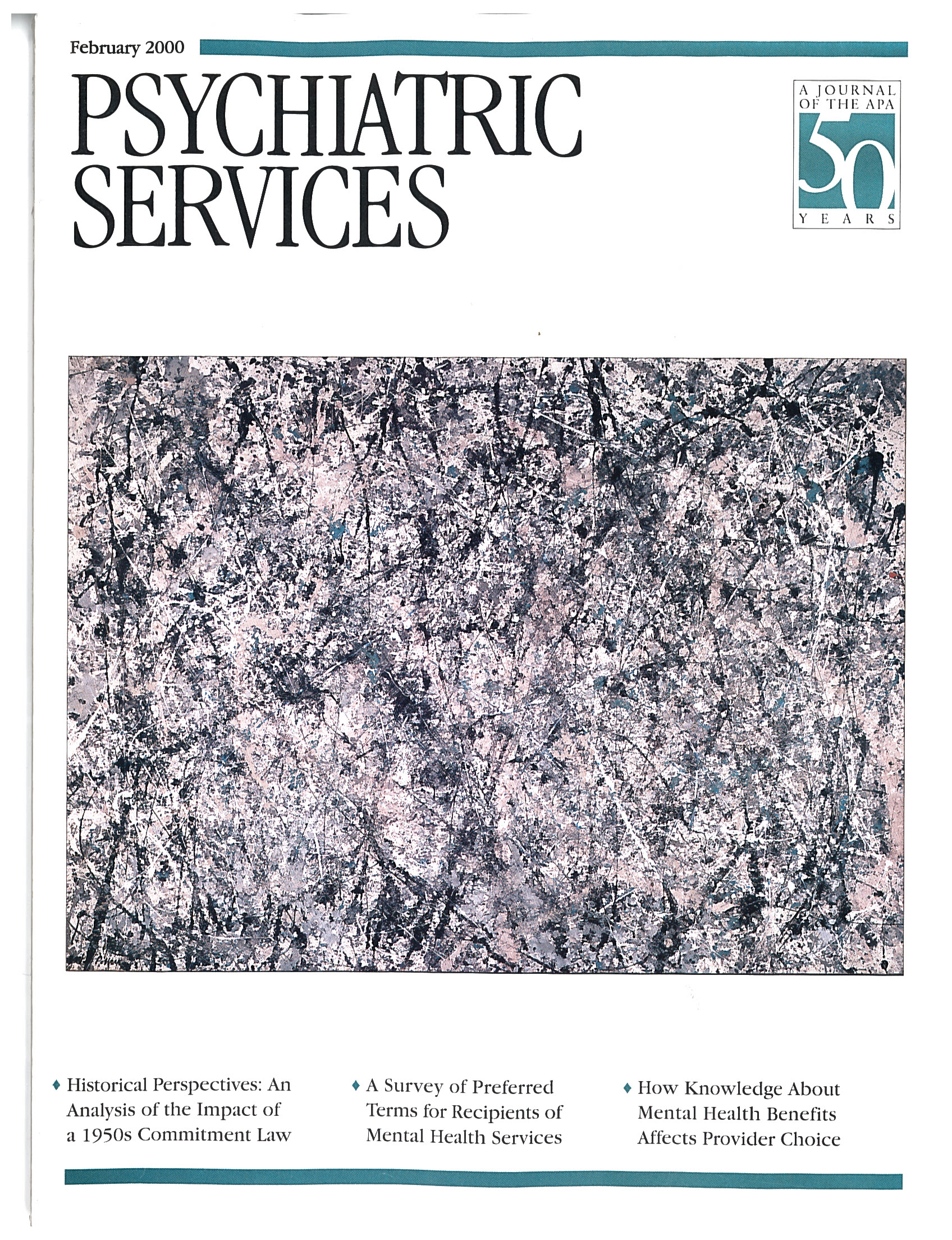Using Quality Improvement Teams to Improve Documentation in Records at a Community Mental Health Center
Abstract
OBJECTIVE: A community mental health center sought a system for qualitative review of patients' records to improve the quality of documentation through the engagement of clinical staff in the review process. METHODS: The center developed a quality improvement system in which treatment team clinicians use a scored 30-item protocol to measure the quality of record documentation by peers. Questions address whether the record documents the full range of the psychiatric treatment process, including assessment and diagnosis, treatment planning, and provision of clinical services. Other questions address specific contractual or regulatory requirements, such as whether procedure codes are correct, and evaluate the physician's record of medication management. Each treatment team at the mental health center's six clinics has a quality improvement work group, composed of the team psychiatrist and at least one other team clinician. Each month the work group meets to review two randomly selected medical records from another treatment team at the same clinic and arrive at a consensus score. An administrative oversight team meets regularly with clinician-reviewers to foster uniform scoring of the protocol throughout the center. RESULTS: An analysis of the trend in protocol scores over a 21-month period suggests that the procedure improves the quality of the documentation in patients' records. CONCLUSIONS: A team-based quality review process appears to have a positive impact on the quality of medical record documentation. Improved documentation may improve continuity of care and improve the accuracy of record information used for other quality measurement systems.



